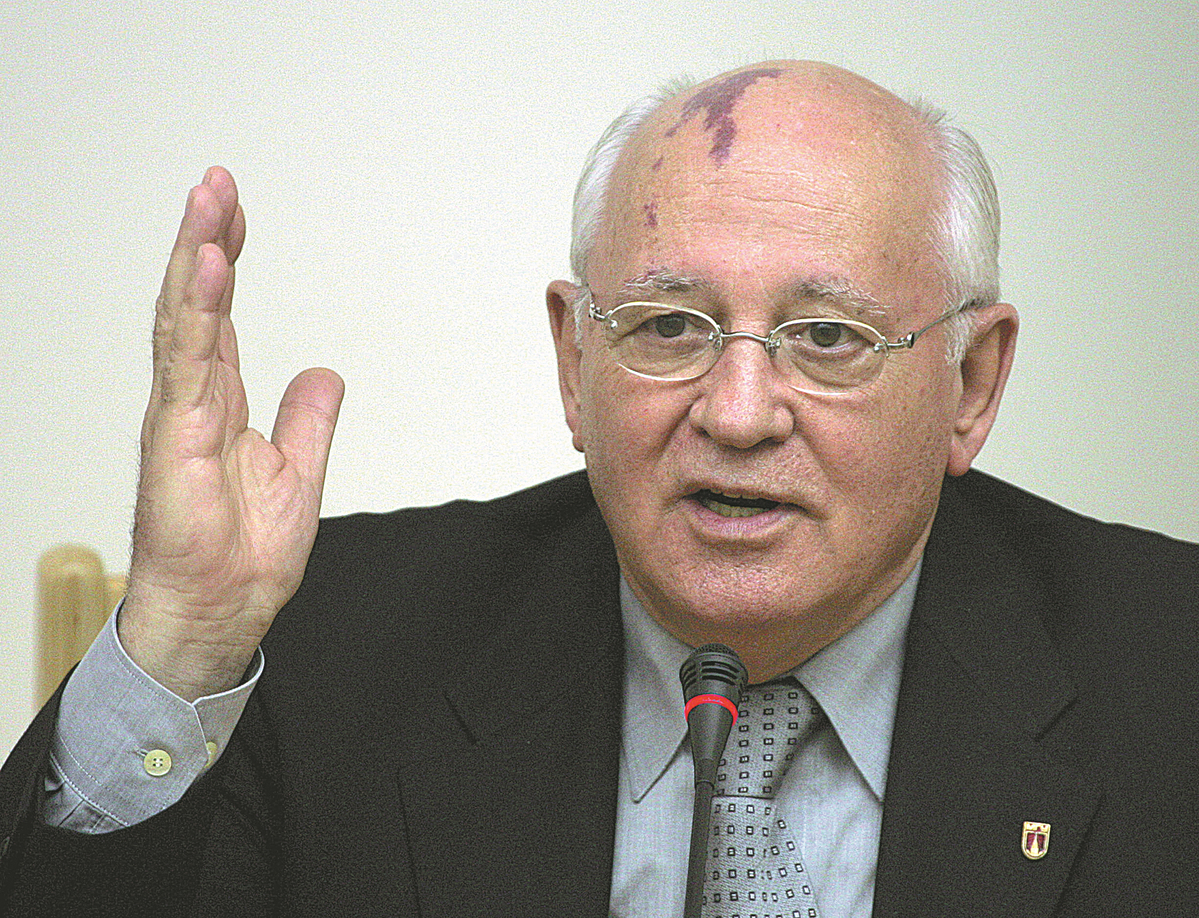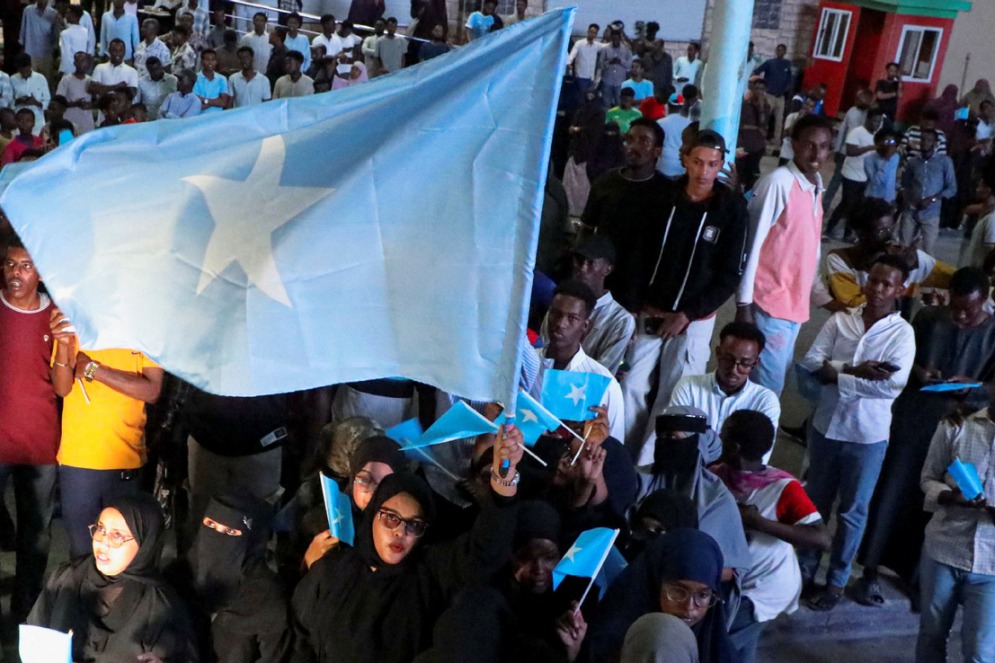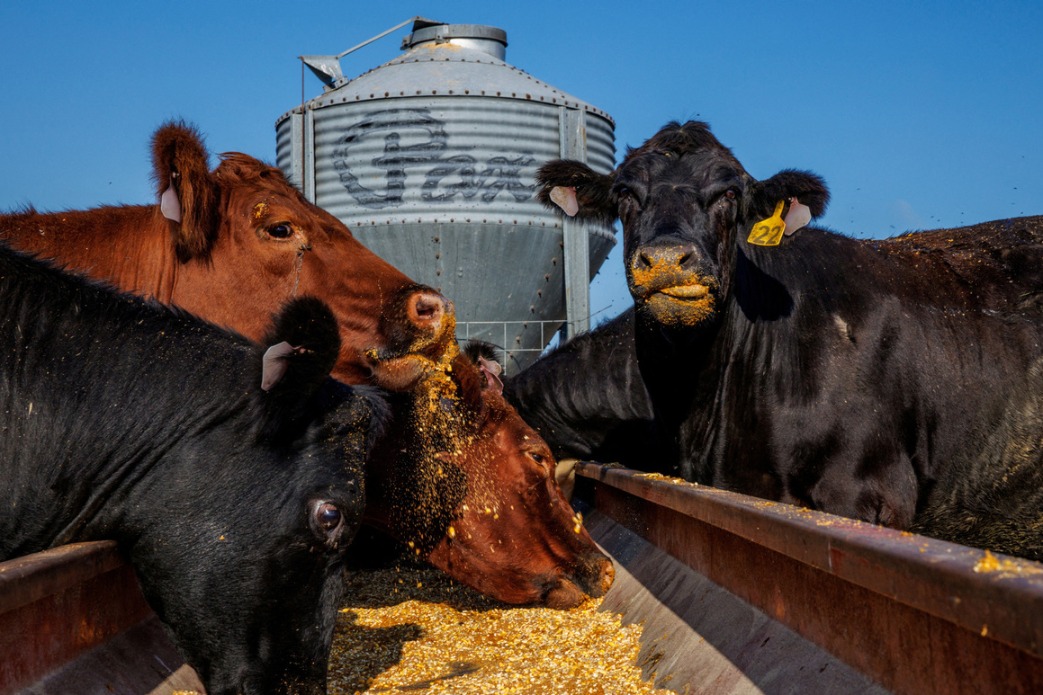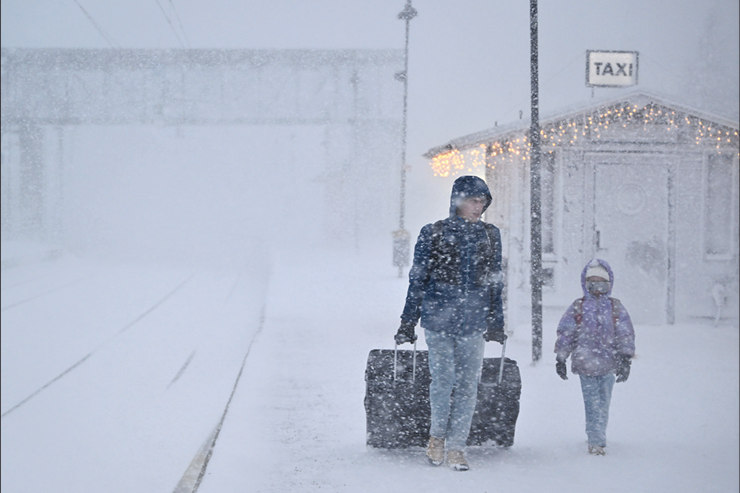Last leader of USSR Gorbachev passes away






Mikhail Gorbachev, the last leader of the then Soviet Union, has died at the age of 91, the hospital where he was undergoing treatment in Moscow said on Tuesday.
The Central Clinical Hospital, where Gorbachev had been admitted earlier for treatment, confirmed his death in a statement, saying that he died Tuesday evening after a long, serious illness.
Chinese Foreign Ministry spokesperson Zhao Lijian said at a daily briefing in Beijing on Wednesday that Gorbachev had made positive contributions to the normalization of Sino-Soviet relations.
"We mourn the death of Mikhail Gorbachev and express condolences to his family," he said.
World leaders also mourned Gorbachev's death.
Russian President Vladimir Putin offered his deepest condolences, Kremlin spokesperson Dmitry Peskov said on Wednesday.
"The coronavirus didn't defeat him, but age and illness did," Peskov said.
Putin sent annual birthday greetings to Gorbachev on March 2 this year. The Russian leader noted in his telegram the rich life and high authority of the former leader of the Soviet Union, and emphasized his contribution to the implementation of social, charitable and educational projects, and the development of international humanitarian cooperation.
United States President Joe Biden said in a statement on Tuesday that "Mikhail Gorbachev was a man of remarkable vision. We send our deepest condolences to his family and friends, and to people everywhere who benefited from his belief in a better world."
United Nations Secretary-General Antonio Guterres issued a statement on Tuesday calling Gorbachev "a one-of-a kind statesman who changed the course of history".
Guterres said the world had lost a "towering global leader, committed multilateralist, and tireless advocate for peace".
The Reagan Foundation and Institute said in a statement on Tuesday said that it "mourns the loss of former Soviet leader Mikhail Gorbachev, a man who once was a political adversary of Ronald Reagan's who ended up becoming a friend".
Born in March 1931 to a poverty-stricken farming family in Stavropol, Gorbachev became the general secretary of the Communist Party of the Soviet Union in 1985 at the age of 54. In March 1990, he became president of the Soviet Union, and aimed to tackle a series of internal and international problems.
On Dec 25, 1991, Gorbachev appeared on national television to announce his resignation. The Soviet Union was officially dissolved and broken into independent states-Armenia, Azerbaijan, Belarus, Estonia, Georgia, Latvia, Lithuania, Kazakhstan, Kyrgyzstan, Moldova, Tajikistan, Turkmenistan, Uzbekistan and Ukraine, in addition to Russia.
Gorbachev had been active in the public arena since stepping down from his political post. He wrote his memoir, appeared in interviews and regularly commented on topics such as disarmament.
Xinhua contributed to this story.
Contact the writer at junechang@chinadailyusa.com





























